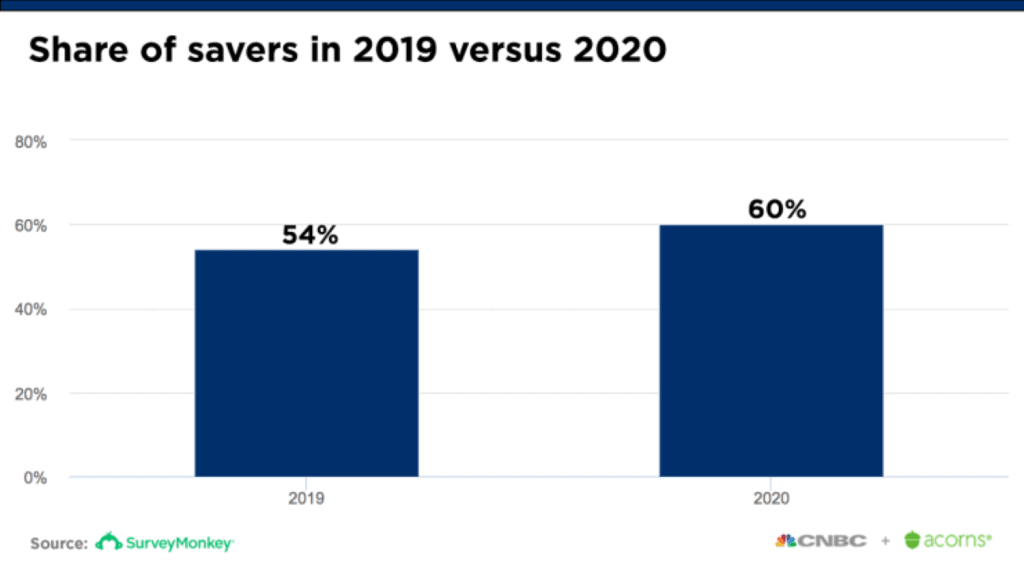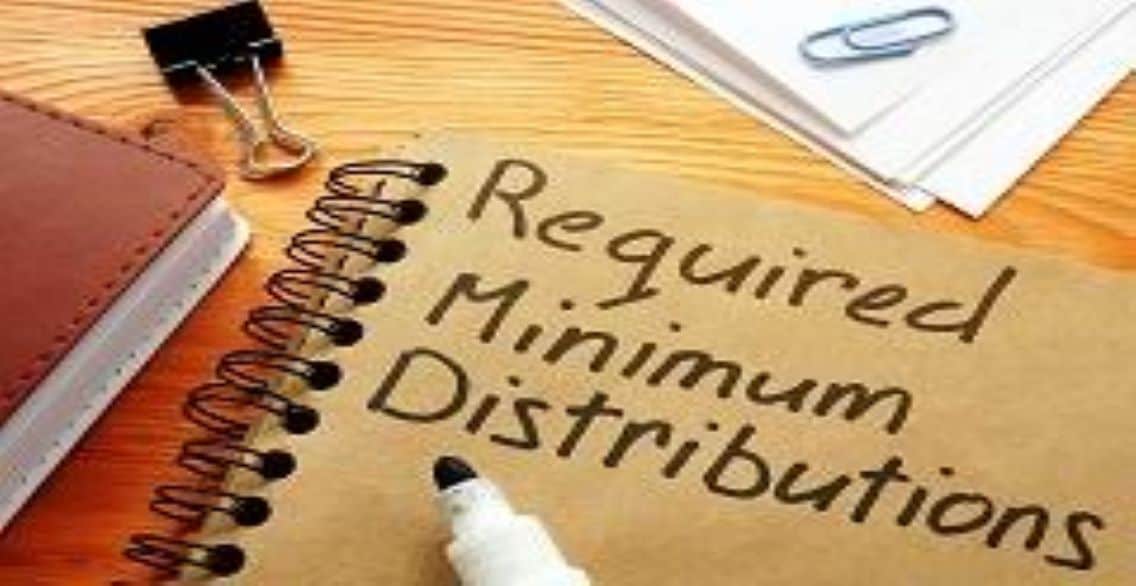We’re all spending more time at home these days and it’s likely that money and finances are a stress for many during this pandemic. As the markets continue to be extra volatile, many people are feeling a lack of control when it comes to their money. Even though there isn’t much we can do about the state of the overall economy, there are some small-scale things you can do right now, from the comfort of your own home, to help you feel more in control of your finances. If it is all you can do right now to keep up with your bills, that should continue to be your main priority. However, if you’re in the fortunate position of having an income or some extra cash, the following tasks take 30 minutes or less and might just have you feeling a little better about the state of your finances.
REVIEW YOUR BUDGET
Every solid financial plan starts with a good budget, and now is a great time to go over yours. You should review your spending habits and try to determine which areas of your spending are relatively fixed — such as monthly rent and insurance coverage — and those that are discretionary, like your lattes, subscriptions and eating out.
Since you’ll likely be spending a lot of time at home this month, most of your convenience purchases will probably trail off. Comparing last month’s expenditures to this month, you will see where you are spending your money and you will be better positioned to make changes to your spending habits in order to prioritize saving money and spending on what you deem essential for your household.
GET SPECIFIC ABOUT YOUR FUTURE
Write down all the things that you want to do in your future – you can do this by yourself or with a significant other. Break it down into five-year segments. What do you want to do, where do you want to go, and what do you want to accomplish during each five-year segment? If you have career goals that include starting a business, making more money, or changing your job, you might need to learn some new skills to start down that path.
Being confined to our home offices gives us a great opportunity to focus on learning something new and developing plans for the next steps in life, whether it is signing up for an online class or doing some research on what it might take to take your career in another direction.
SET UP A 529 COLLEGE-SAVINGS PLAN FOR YOUR KID(S)
If you’ve been considering a college savings plan for your child, setting one up online is quick and easy. You should start by reviewing the 529 plan options where you live, since they often provide tax benefits while you save for your child’s college education. Just remember to keep your own future financial goals in mind, as well. Saving for your children’s education is very important, but should come second to saving for your own retirement.
REVIEW YOUR BENEFICIARY INFORMTION
You should make a list of your financial accounts that include beneficiary designations — like your IRA, 401(k), or life insurance — and make any necessary beneficiary information adjustments. Since these designations determine who will receive your account upon your passing, if they are left blank or not updated, your wishes could be ignored and assets could go to an ex-spouse, or state law could become applicable and decide how to split your accounts.
SET UP A NEW SAVINGS ACCOUNT
Now is the perfect time to set up a separate online high-yield savings account for your specific goals, whether it be for a vacation, saving for the holidays or possibly a new car. To make things even easier, you can also set up a direct deposit so that you put a little bit away from each paycheck towards that objective. However, remember that these “extras” should take a backseat to your emergency fund. Having three to six months of expenses set aside in a money market or high-yield savings account can provide peace of mind and can be a lifesaver in times of temporary job loss or medical costs.
DO SOME BOOKKEEPING
Now might be a good time to do some overall bookkeeping. This can include reviewing your insurance policies to see if you still have sufficient coverage for your needs, or working on your estate plan (are your medical directives all updated?). If your kids are old enough, this could even be a good opportunity to teach them how to balance a checkbook by showing them how you do yours.
EVALUATE YOUR INVESTMENT PORTFOLIOS
If you have money in the market that’s earmarked for retirement, you might be a little worried about how current events will impact your goals. Now is a good time to have a call with your financial planner to determine if your portfolio is still meeting your long-term goals, or if it needs to be adjusted based on current events.
Even though we may not have expected to be spending this much time in our homes over the past few months, it’s important to take advantage of the time while we can. These unprecedented times have given us the opportunity to slow down and focus on our families, as well as other important aspects of our lives like our finances. Taking just a half hour each day or week to go over these tasks can help us to feel more in control and less stressed about our money as we deal with the uncertainty of the times. As always, if you have any questions about any of the suggestions above or any other concerns about your finances, please contact us. We are here to help and we are all in this together!








